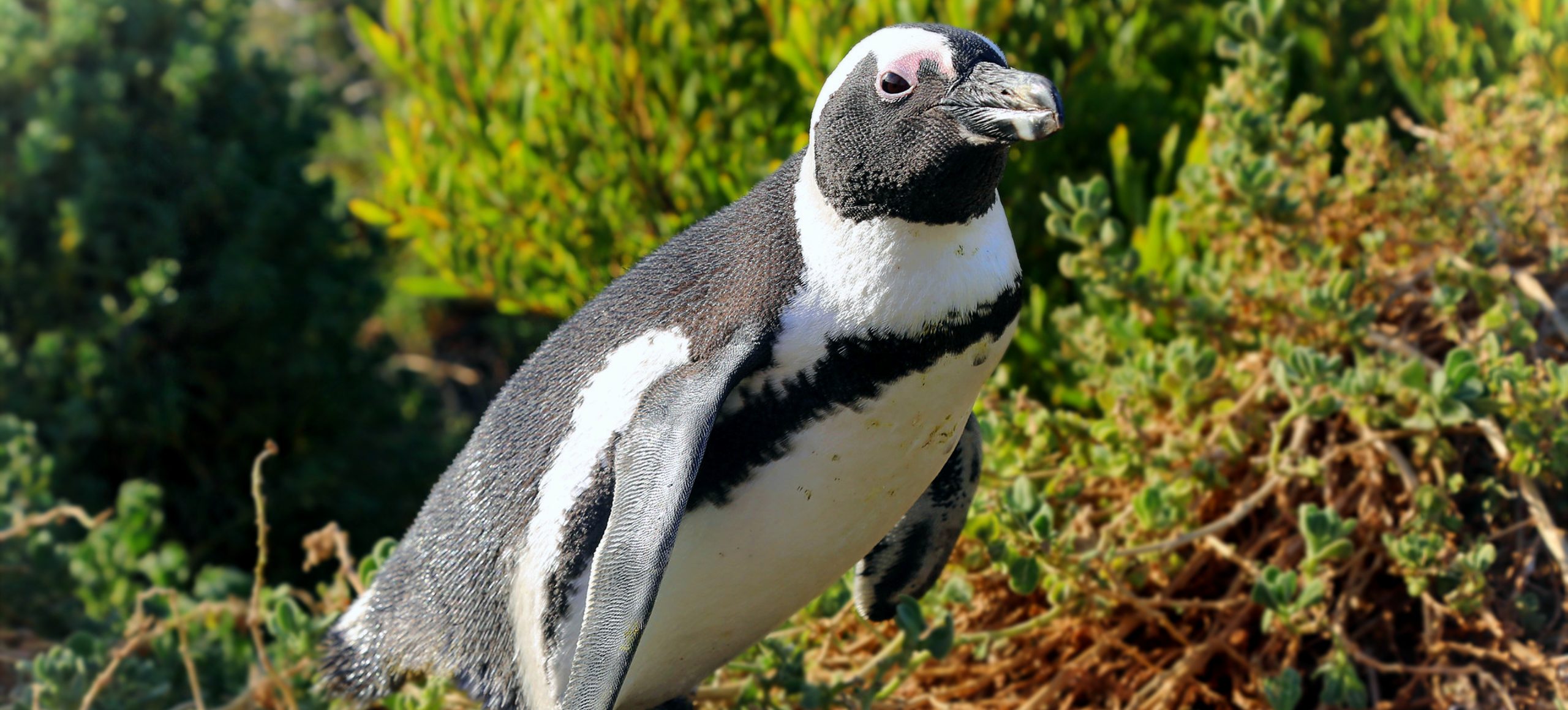– The biology and behavior of the African penguin, highlighting its physical characteristics, diet, and social habits
– Conservation status of the African penguin, emphasizing the threats it faces and the reasons behind its decline
– Efforts in zoo management and wildlife conservation aimed at protecting the African penguin and ensuring its survival
The African penguin, a distinct species native to the coastlines of southern Africa, plays a critical role in marine biodiversity. Recognized by its black and white plumage and unique braying call, which has earned it the nickname ‘jackass penguin,’ this bird has fascinated scientists and animal lovers alike. However, it faces significant threats that have led to a rapid decline in its population, making its conservation a global concern.
**Biology and Behavior of the African Penguin**
African penguins belong to the species Spheniscus demersus, which thrives in the cold, nutrient-rich waters of the Atlantic and Indian Oceans. They are medium-sized penguins, standing about 60-70 cm tall and weighing up to 3.5 kg. Their diet primarily consists of fish, such as anchovies and sardines, but they also consume squid and small crustaceans. This diet is rich in the nutrients necessary for their high-energy lifestyle, which includes lengthy swimming sessions to forage for food.
The social behavior of African penguins is equally fascinating. They are known to mate for life, with pairs returning to the same breeding sites year after year. These sites are usually islands or secluded beaches where they can lay their eggs away from predators. The conservation of these nesting areas is crucial for their survival, as habitat degradation poses a significant threat to their reproductive success.
**Conservation Status of the African Penguin**
The International Union for Conservation of Nature (IUCN) has classified the African penguin as endangered. This status results from several factors, including oil spills, which directly threaten their lives through poisoning and hypothermia; overfishing, which depletes their food sources; and climate change, which disrupts the distribution of fish populations. Furthermore, human activities, such as coastal development and tourism, threaten their breeding sites, which can lead to habitat destruction and increased predation by invasive species like domestic dogs and cats.
**Zoo Management and Wildlife Conservation Efforts**
Conservationists and zoos worldwide are collaborating to reverse the decline of the African penguin population through various initiatives. These include breeding programs aimed at increasing their numbers in a controlled environment before potentially reintroducing them into the wild. Zoos play a crucial role in these efforts by providing safe habitats for breeding pairs and educational programs that raise awareness about the species and its challenges.
Rehabilitation and rescue centers have also been established along the coasts where these penguins live. These centers are equipped to treat injured or oiled birds, offering them a chance at recovery and eventual release back into their natural habitat. Additionally, efforts are being made to protect and restore their breeding sites by implementing predator control measures and creating artificial nests that provide safe places for them to lay their eggs.
The conservation of the African penguin is critical not only for the species’ survival but also for the health of the marine ecosystems they inhabit. These penguins are an integral part of the ocean’s biodiversity, contributing to the balance of their ecosystems by controlling fish populations and serving as prey for larger predators.
The African penguin is a beloved species with the power to inspire a deeper interest in marine conservation and the challenges faced by oceanic species. Through continued research, conservation efforts, and public engagement, there is hope that the decline of this iconic bird can be halted and reversed. The dedication of scientists, zoo professionals, and conservationists, coupled with the global community’s support, is essential in ensuring the African penguin thrives for generations to come.

